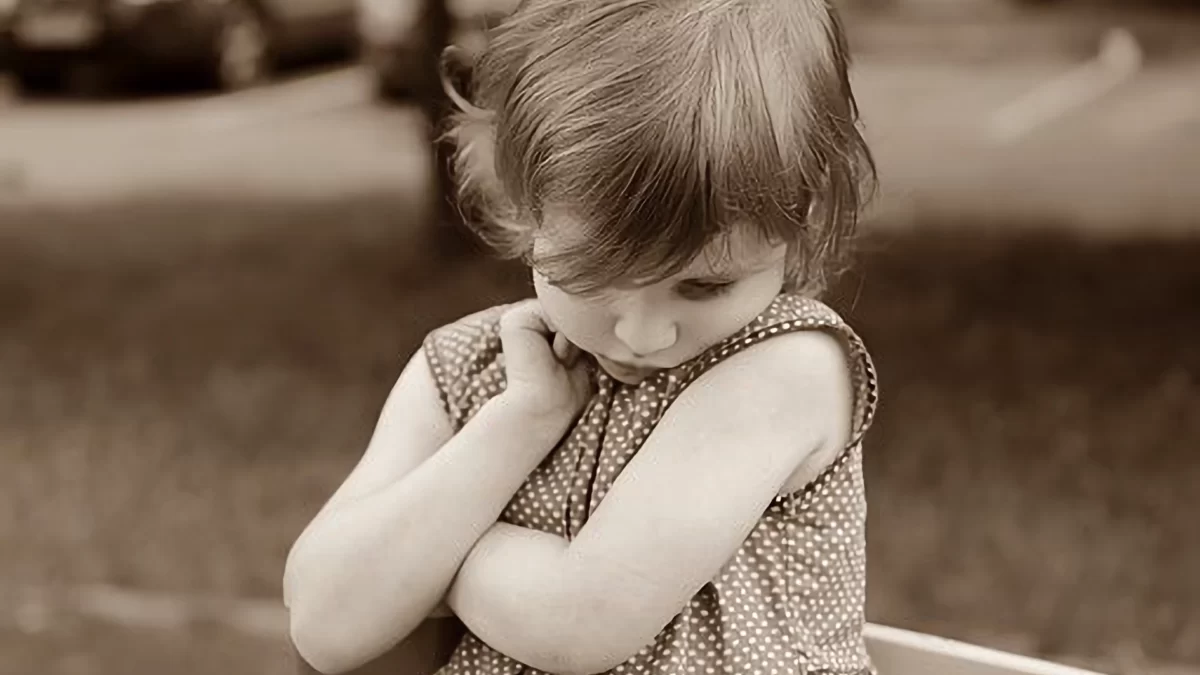Parents of children who are shy or lacking in the repertoire of social skills do not seek therapeutic help because they consider that it is a problem that will disappear with age.
Interpersonal interaction plays an important role in child and adolescent development: in their psychological functioning, in their academic performance and, of course, in their well-being and social adaptation. Hence, in recent decades there has been a notable increase in research and advances in this field.
In general, we find that parents of shy children or those with deficiencies in the repertoire of social skills do not seek therapeutic help because they consider that it is a problem that will disappear with age or that it is an unchangeable trait of their child. .

Scenarios of boys and girls who are shy
Empirical evidence suggests that children who present a high degree of shyness and social withdrawal will also suffer negative consequences in their adulthood. On the other hand, in the school context, as they are children who do not emit disturbing behaviors, they tend to go unnoticed and their difficulties are ignored.
The deficit in social skills or shyness allude to a series of heterogeneous phenomena and concepts that we often use arbitrarily. A child who presents low motivation to relate to his peers is not the same as one who is excluded by other children or adolescents or who, having a high motivation for contact with others, avoids it for certain reasons. And among these reasons may be shyness or lack of social skills.
In the first case, the problem is characterized by the frequent avoidance of social situations due to the appearance of fear, fear of the evaluation that other children or adolescents will make of it and/or fear of strangers. In the second case of social skills deficit, in which fear or shyness does not necessarily have to be present, we find a child who can even make clear attempts at interaction, but who uses forms and strategies that are not the appropriate, which results in the rejection of others.
It seems that both shyness and the deficit in social skills are explained by the presence of multiple factors: initially we can talk about a certain genetic predisposition. This can manifest itself through an inhibited temperament in the baby. The first interactions with their caregivers may correct this predisposition and minimize or increase it even more. After his first contacts with children of his age, he will acquire his first skills and will implement certain behaviors together with thoughts and ideas that he will develop about others, about himself and his abilities. Either by observation, through their own experience or through information provided to them, this repertoire of behaviors can be modified. To the extent that the child does not have an adequate set of skills and strategies, his negative perception of social situations will increase, his failure in these situations will contribute to creating an image of himself as ineffective and will lead him to start behaviors of avoidance.
On the other hand, interactions with others not only provide spaces for learning, but also become an important source of experiences. Lacking such opportunities carries the added risk of not being able to enjoy social support, an important source of fun and gratification, appropriate role models, reciprocity and affection, etc. which can also generate problems of emotional expression and self-esteem.
An adequate therapeutic approach involves providing the child with a whole package of abilities and skills together with the opportunity to practice them in a safe environment such as the consultation or a group of peers guided by the therapist. This package includes skills such as entering a group, participating in games, knowing how to make requests or deny those of others, handling criticism or shame. It will also be important to include a module aimed at improving the minor's idea of himself in order to complete his self-concept (characteristics that the minor perceives in himself) and improve his self-esteem (negative or positive value that he gives to his characteristics).
Font PsychoAdapt
